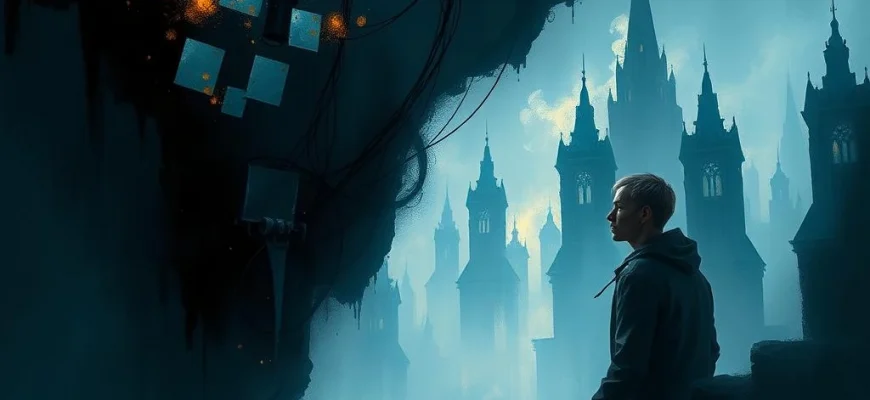If you were captivated by the enigmatic and surreal world of 'Theorem' (1968), this article is for you. We've curated a list of 10 movies and shows that share its thought-provoking themes, avant-garde storytelling, and psychological depth. Whether you're a fan of Pier Paolo Pasolini's masterpiece or simply love films that challenge the mind, these recommendations will expand your cinematic horizons.

The Seventh Seal (1957)
Description: Confronts existential questions through allegorical storytelling and stark, symbolic imagery.
Fact: The iconic chess game with Death has been referenced and parodied countless times in popular culture.
 Watch Now
Watch Now 
Hiroshima Mon Amour (1959)
Description: Interweaves personal and historical trauma through nonlinear storytelling and poetic dialogue.
Fact: The film was initially criticized for its unconventional structure but later became a landmark of French New Wave cinema.
 Watch Now
Watch Now 
Last Year at Marienbad (1961)
Description: Features a dreamlike narrative structure with ambiguous timelines and unreliable narration, creating a sense of existential uncertainty.
Fact: The film's iconic visual style includes long tracking shots and repetitive dialogue, enhancing its surreal atmosphere.
 Watch Now
Watch Now 
The Exterminating Angel (1962)
Description: Traps its characters in a surreal, inexplicable situation, highlighting themes of existential dread and societal breakdown.
Fact: The film's premise of guests unable to leave a dinner party was inspired by a recurring dream the director had.
 Watch Now
Watch Now 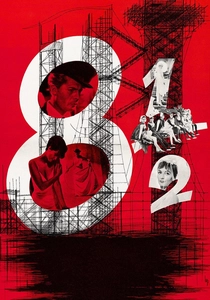
8½ (1963)
Description: Delves into the creative process and personal crises with a fragmented narrative and surreal dream sequences.
Fact: The title refers to the number of films the director had made up to that point, including collaborations and short films.
 Watch Now
Watch Now 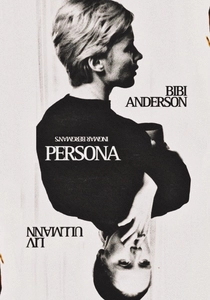
Persona (1966)
Description: Explores themes of identity and psychological disintegration through minimalist storytelling and striking visual compositions.
Fact: The film famously includes a sequence where the projector appears to break, blurring the line between reality and fiction.
 Watch Now
Watch Now 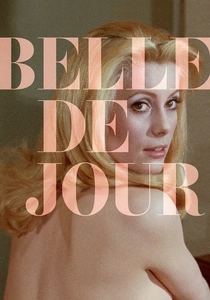
Belle de Jour (1967)
Description: Blurs the lines between fantasy and reality as it explores the hidden desires and dual identity of its protagonist.
Fact: The film was controversial upon release for its frank depiction of sexuality but is now considered a classic of European cinema.
 Watch Now
Watch Now 
The Discreet Charm of the Bourgeoisie (1972)
Description: Uses absurdist humor and surreal interruptions to critique social norms and bourgeois hypocrisy.
Fact: The film won the Academy Award for Best Foreign Language Film, despite its unconventional and often baffling narrative.
 Watch Now
Watch Now 
Solaris (1972)
Description: Examines human consciousness and memory in a sci-fi setting, using long, contemplative scenes to explore deep emotional and psychological states.
Fact: The film's haunting score was created using a combination of classical music and electronic sounds, adding to its otherworldly feel.
 Watch Now
Watch Now 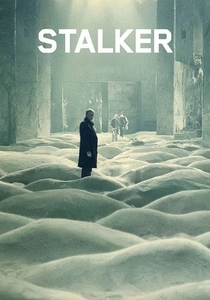
Stalker (1979)
Description: Presents a philosophical journey through a mysterious zone, blending existential themes with slow, meditative pacing.
Fact: The film was shot twice due to a lab accident that ruined the original footage, resulting in a significantly different visual tone.
 Watch Now
Watch Now 
